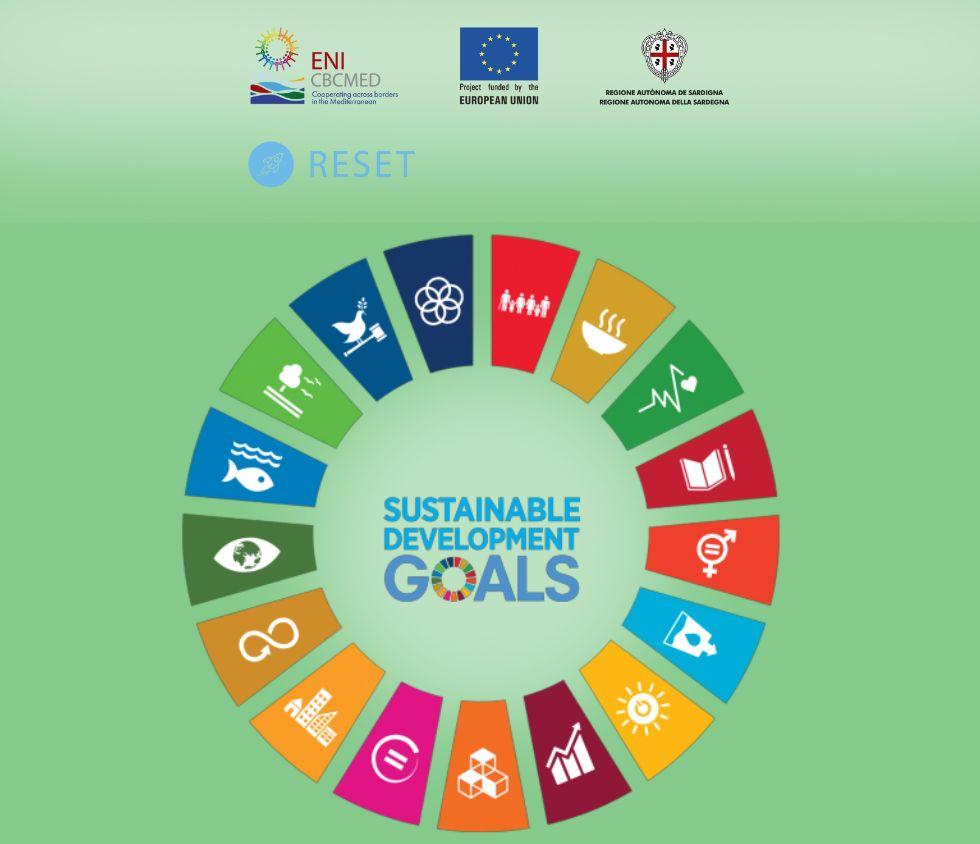RESET's knowledge and best practice diversify cross-border partnerships to serve the well-being of people and the environment, withing the framework of SDGs

As we look to create a more sustainable world, it's becoming increasingly clear that businesses have a significant role to play in reducing their environmental impact. Green business policies and practices can help companies operate in a more environmentally responsible manner, while still maintaining profitability. These policies are essential in delivering the United Nations Sustainable Development Goals (SDGs), which provide a framework for creating a more sustainable future.
The United Nations (UN) Member States set out in 2015 to create a new growth path that would prioritize the well-being of people and the environment. The UN member states approved the 2030 Sustainable Development Goals (SDGs) to act as a framework for countries and organizations to address these challenges, including Goal 13, which focuses on climate action, and Goal 12, which promotes responsible consumption and production.
The European Union (EU) is committed to delivering the SDGs and has made significant strides towards achieving these goals, particularly in the areas of green and environmental issues. The EU's efforts include the promotion of sustainable production and consumption, the development of renewable energy sources, and the reduction of greenhouse gas emissions. These initiatives have played a critical role in creating a more sustainable future for Europe and the world.
One example of a project that embodies this spirit of sustainable business is the RESET project, a regional, cross-border effort that extends throughout the Mediterranean region. The project aims to balance the social and economic aspects of green business creation, ensuring that businesses are profitable, socially responsible, and environmentally sustainable. To achieve this goal, the active involvement of all stakeholders is essential, including Business Support Organizations (BSOs), NGOs, universities and academic centres, and local and national government authorities.
Stakeholder involvement has been taking many forms within RESET project activities, from conducting interviews and surveys to integrating stakeholder visions and recommendations into the project's outputs. These outputs support green business creation in the long run, providing the knowledge and best practices necessary to support these businesses locally and nationally. Effective dissemination strategies are also critical, ensuring that stakeholders who need the knowledge and best practices are reached and engaged. Consequently, the Database Management System (DBMS) was created to facilitate knowledge transfer among relevant stakeholders.
The involvement of stakeholders throughout the lifetime of RESET is essential to achieve progress on the policy-making level and extend the livelihood and sustainability of the green business model in the Mediterranean region. The creation of effective policies that promote sustainable business practices helps ensure that these practices are not only profitable but also sustainable, in the long term and even beyond the project's lifetime.









